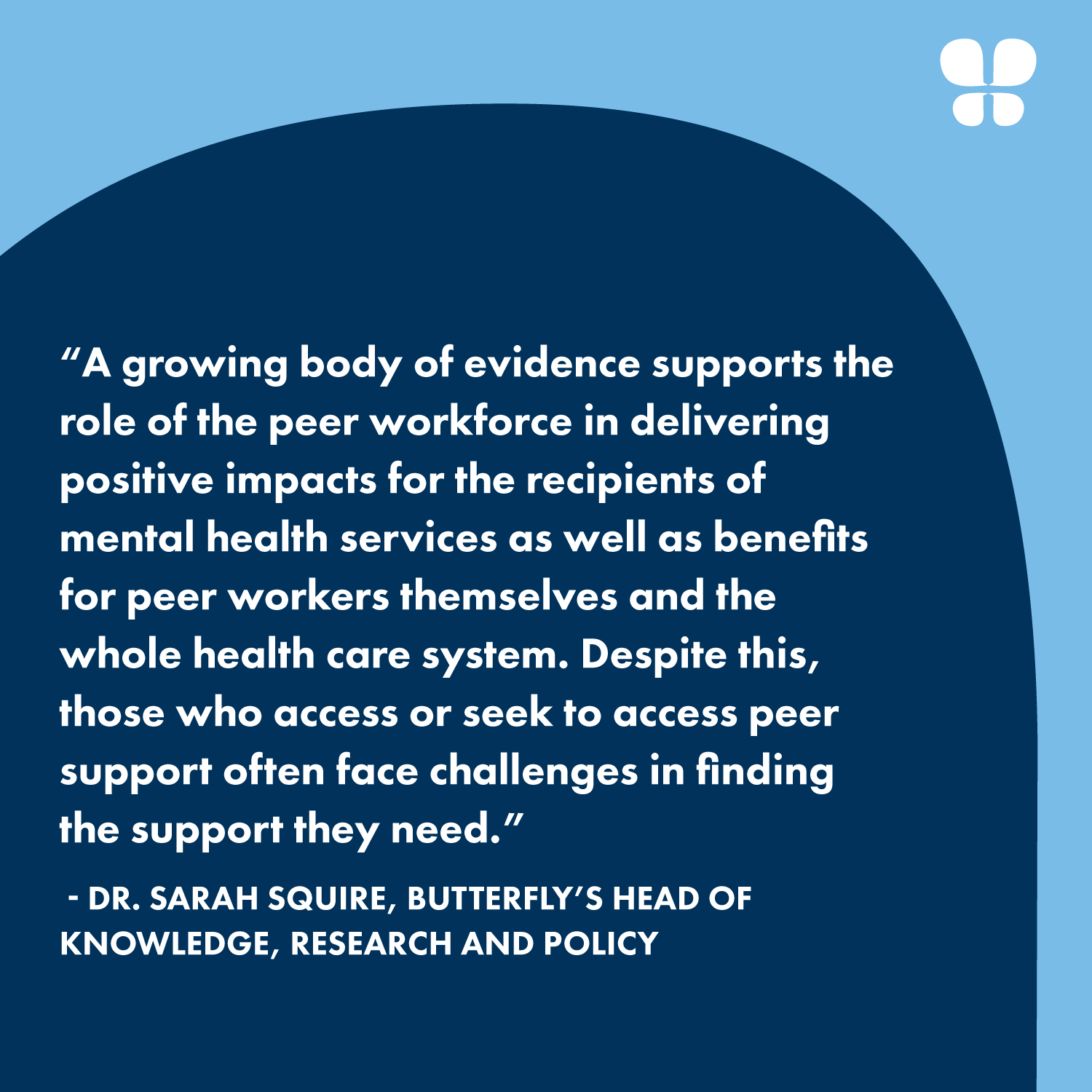Managing eating disorder relapses amid COVID-19 and lockdowns
Many people with eating disorders will encounter recurrence or relapse as they recover, and we know that stress and other environmental factors can contribute to the likelihood of this. It is important to remember that while relapse might feel like a step backwards, you can learn a lot from the experience, including new coping strategies that can help strengthen recovery in the long run.
For some people a relapse may require intensive treatment again, for others it may require drawing upon the skills and strategies learned through treatment and recovery to return to a more positive place mentally and physically. Everyone is different, every experience is different.
Relapse can be a normal part of the recovery process, so is not a sign of failure if eating disorder thinking and/or behaviours return, but it is important that if they have and this is impacting the way you are feeling and behaving, that they are not ignored.
Is relapse a concern during the Covid 19 pandemic? How can lockdowns trigger relapse?
Stress, changes to routine, aspects of life being (or feeling) out of control, the unknown, negativity from news/other people, more time spent on social media, isolation from friends, family and activities enjoyed, all play a significant role in how a person feels during this time and we know all of these factors can impact a person’s mental health.
For someone who has experienced an eating disorder, these can contribute to eating disorder thinking and behaviours resurfacing or in some cases causing a relapse.
Eating disorders often develop, or resurface, as a way to cope with intense and negative experiences and emotions, so navigating the impacts of Covid might, for many, be an unexpected hurdle in their recovery path.
The impact of lockdowns:
Since the start of the pandemic the Butterfly Foundation National Helpline has seen not only an increase in people seeking support for the first time, but also an increase in people reaching out who are reporting a relapse or return of some or all of their eating disorder thinking and behaviours.
Unfortunately, lockdowns are having a considerable impact on the mental health of many, including those who have had or are experiencing body image concerns and eating disorders.
Try a self-assessment tool:
If you are concerned about relapse or if you’re worried that eating disorder thinking or behaviours are creeping back in, accessing an online assessment tool might help build your understanding of the current situation:
- For adults Reach Out and Recover (ROAR – reachoutandrecover.com.au
- For parents of children/teens – feedyourinstinct.com.au
- For those worried about dieting and exercise related thinking and behaviours howfaristoofar.org.au
Draw on the coping strategies you know and get help to add to your ‘toolkit’:
If you’re feeling vulnerable at this time now is the time to draw on those skills and strategies you have learned so far, go back to basics and use what you have in your tool kit to support you. This is the time to use them and draw upon the many tools and skills developed that helped you get to the place you are now.
Practice self compassion. It is important to remember that you are human and that recovery can be fluid, it can move in different directions based on what life throws at you. It is ok to say you are struggling if you are. You are not alone.
Learn or revisit mindfulness, seek out inspiring and helpful podcasts and find ways to add positivity into your world. Curate your social media pages so you diversify what you see and add humour and hobbies that make you feel good, listen to music that lifts your spirit up, write, journal – do the hobbies and things that help you feel connected to the non-eating disorder parts of you.
Be kind to yourself and allow yourself to feel the feelings and trust that you are strong enough to get through this.
Try not to focus on the fact that you may have relapsed; instead focus on finding your way back to recovery
Seek help early:
Seek help from your clinicians or support network and don’t be afraid to tell them you are experiencing a set back. It’s a normal part of recovery and they are there to help.
Talk about how you’re feeling, get things out of your head to people you trust (which may be the Butterfly National Helpline) and try to remain calm.
The Butterfly National Helpline is available to anyone living in Australia. Free and confidential but also a service that can talk through concerns. Talking helps. If someone has experienced an eating disorder, it is certainly better to reach out sooner than later. You can contact the Helpline on 1800 33 4673 7 days a week between 8am – midnight AEST.






















